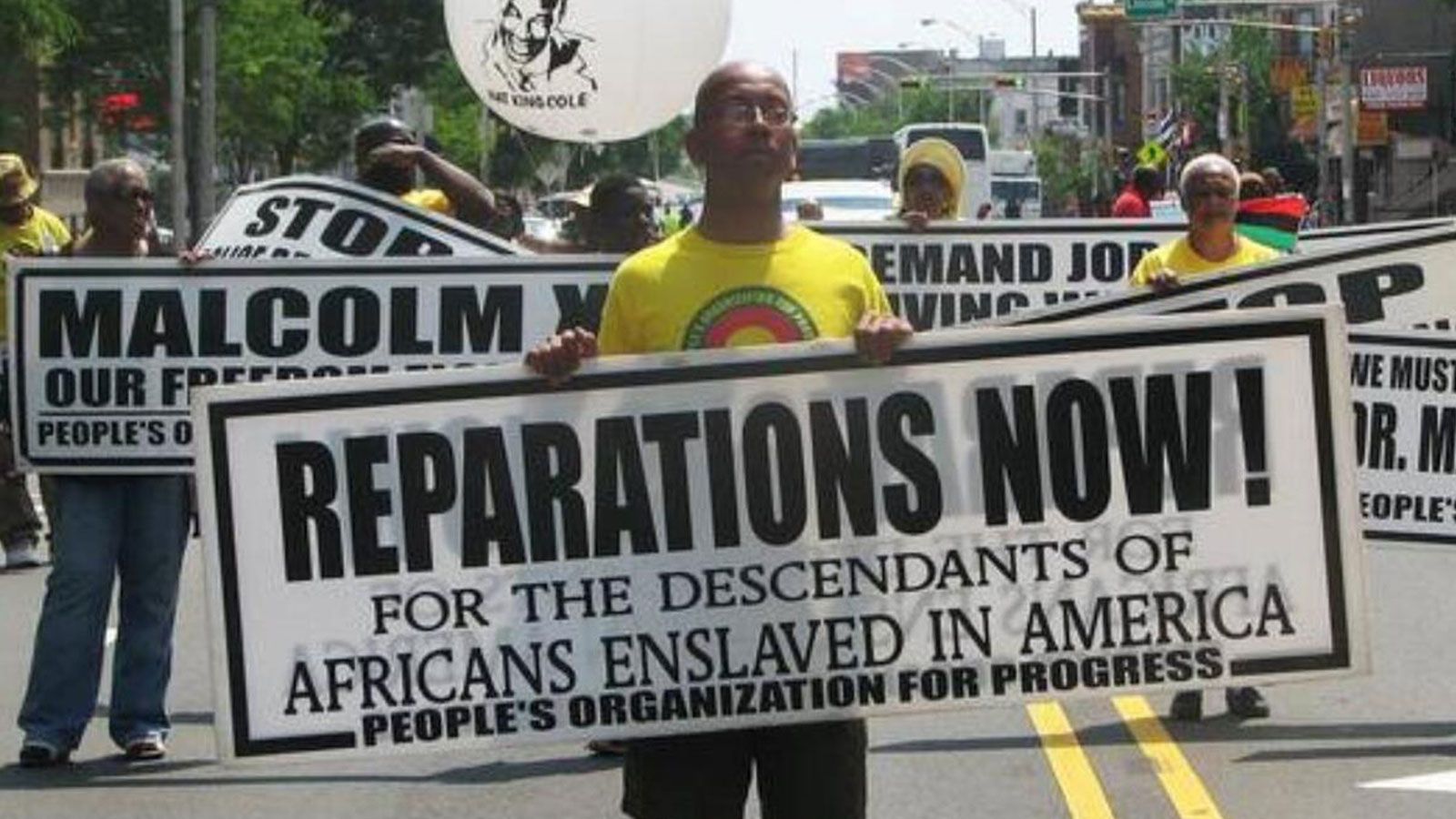The San Francisco Board of Supervisors is set to discuss a draft proposal for reparations that includes a $5 million lump-sum payment for each eligible African American living in the city.


The proposal, released in December by San Francisco’s African American Reparations Advisory Committee, also includes more than 100 recommendations, such as offering grants to buy and maintain homes and exempting Black businesses from paying taxes. The board can vote to adopt, change, or reject the recommendations, but several members have expressed concerns about the potential impact on the city budget, which is already facing a shortfall.

An estimated 50,000 African Americans live in San Francisco, but how many would be eligible for financial reparations is still being determined. The draft proposal outlines possible criteria, such as living in San Francisco during a specific time period and descending from someone incarcerated by police due to the “war on drugs.” In addition, under San Francisco’s draft recommendation, eligible individuals must be at least 18 years old and identified as “Black/African American

Opponents of the bill:
Critics who are against the proposal say it does not make sense to offer reparations to African Americans in a state and city that never enslaved African Americans to begin with. They also argue taxpayers who were never slave owners should not be “penalized” by having their tax dollars cover this and note the city could not afford such a move.
Supporters of the bill:
Reparations advocates who support the city proposal say that those against the measure are ignoring the legacy of slavery in the United States and how “structural racism” continues to impact African American communities today. Erin McDonnell, the head of San Francisco’s African American Reparations Advisory Committee called the misunderstanding “sad” and added, “the number itself, $5 million, is actually low when you consider the harm.”
If San Francisco were to fund reparations, it would be the first major U.S. city to do so. Although California formed a reparations task force in 2020, San Francisco could act on the recommendations before the state.

Digging Deeper:
The San Francisco Board of Supervisors created the 15-member reparations committee in late 2020, following the formation of a statewide task force by California Governor Gavin Newsom in response to the killing of George Floyd by a white Minneapolis police officer. The committee’s final report is due in June, and San Francisco has no timeline to act on the recommendations.
California’s task force is also deliberating recommendations, including monetary compensation, with its report due to the Legislature on July 1.






